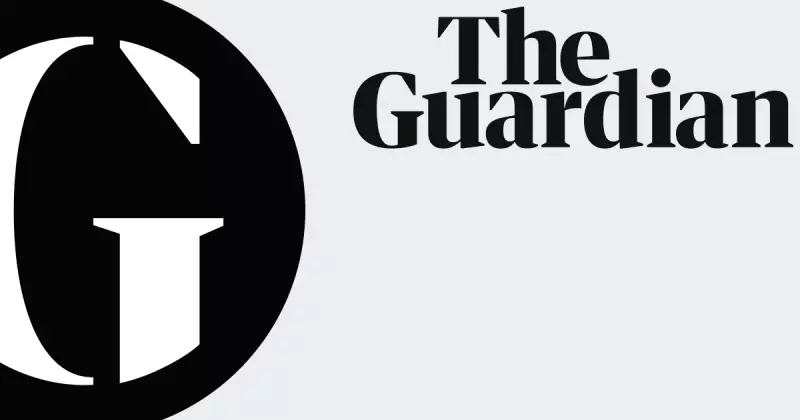
In a searing new piece of political satire, acclaimed cartoonist Martin Rowson turns his pen on Sarah Akinterinwa, a prominent figure within Britain's far-right movement. The cartoon, published in The Guardian, delivers a devastating critique by juxtaposing Akinterinwa's inflammatory rhetoric with the stark reality of her own considerable privilege.
Rowson's artwork masterfully deconstructs the populist image Akinterinwa cultivates, suggesting her political stance is not born of grassroots struggle but of a carefully maintained position of advantage. The illustration lays bare the profound hypocrisy often found at the heart of such movements, where leaders champion anti-elitist messages while benefiting from the very systems they purport to oppose.
The cartoon is more than just a personal attack; it serves as a sharp commentary on the state of the British far-right itself. Rowson highlights the movement's internal contradictions and its curious adoption of figures whose personal histories seem at odds with its stated ethos. This visual essay questions the authenticity of a political project built on such paradoxical foundations.
By employing humour and exaggeration, a hallmark of great British satire, Rowson makes a serious point about power, perception, and political credibility. The piece challenges readers to look beyond the slogans and examine the backgrounds and motivations of those who seek to influence the nation's political discourse.
This work continues The Guardian's long tradition of leveraging cutting editorial cartoons to hold power to account and stimulate public debate on some of the most pressing issues in contemporary UK society.





